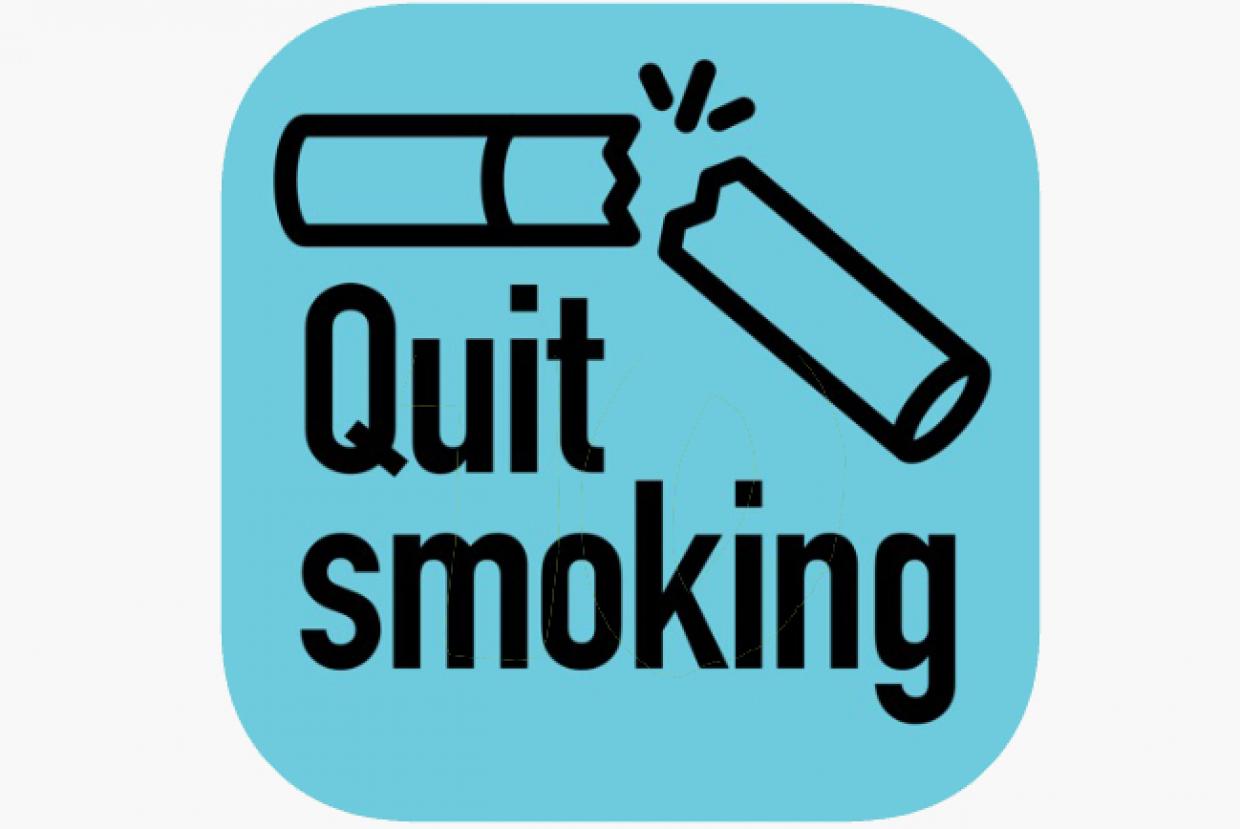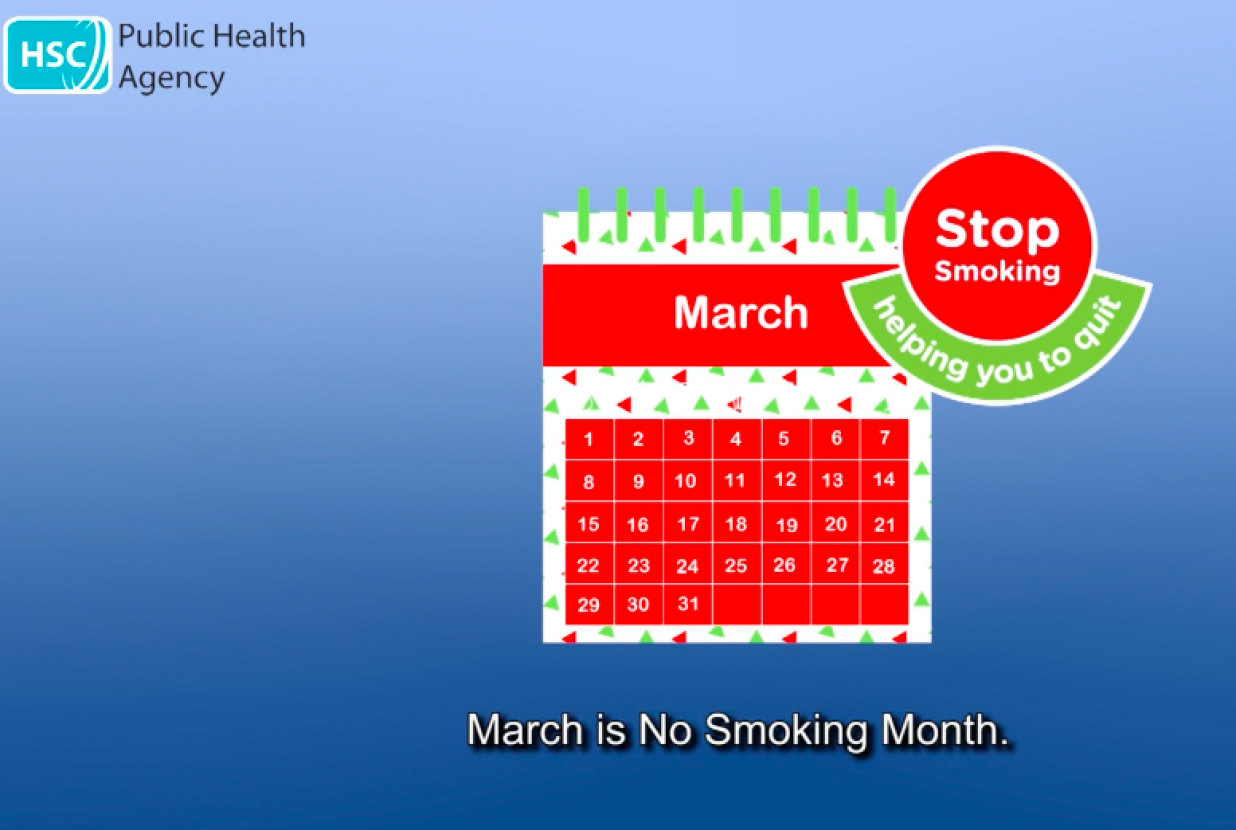Stopping Smoking Is Good For Your Mental Health
We all know that stopping smoking improves your physical health. But it's also proven to boost your mental health and wellbeing: it can improve mood and help relieve stress, anxiety and depression.
Smoking, anxiety and mood
Most smokers say they want to stop, but some continue because smoking seems to relieve stress and anxiety. It's a common belief that smoking helps you relax. But smoking actually increases anxiety and tension. Smokers are also more likely than non-smokers to develop depression over time.
Why it feels like smoking helps us relax
Smoking cigarettes interferes with certain chemicals in the brain. When smokers haven't had a cigarette for a while, the craving for another one makes them feel irritable and anxious. These feelings can be temporarily relieved when they light up a cigarette. So smokers associate the improved mood with smoking.
In fact, it's the effects of smoking itself that's likely to have caused the anxiety in the first place. Cutting out smoking does improve mood and reduces anxiety.
The mental health benefits of quitting smoking
When people stop smoking, studies show:
- anxiety, depression and stress levels are lower
- quality of life and positive mood improve
- the dosage of some medicines used to treat mental health problems can be reduced
Smokers with mental health problems
People with mental health problems, including anxiety, depression or schizophrenia:
- are much more likely to smoke than the general population
- tend to smoke more heavily
- die on average 10 to 20 years earlier than those who don't experience mental health problems – smoking plays a major role in this difference in life expectancy
- need higher doses of some antipsychotic medicines and antidepressants because smoking interferes with the way these medicines work
Stopping smoking can be as effective as antidepressants. People with mental health problems are likely to feel much calmer and more positive, and have a better quality of life, after giving up smoking.
Evidence suggests the beneficial effect of stopping smoking on symptoms of anxiety and depression can equal that of taking antidepressants.
Stopping smoking can be as effective as antidepressants
People with mental health problems are likely to feel much calmer and more positive, and have a better quality of life, after giving up smoking.
Evidence suggests the beneficial effect of stopping smoking on symptoms of anxiety and depression can equal that of taking antidepressants.
Tips to stop smoking
If you want to stop smoking, contact your local stop smoking service, which provides the best chance of stopping completely and forever.
Here are some ways to boost your chances of stopping smoking for good.
- Use stop smoking treatments like nicotine replacement therapy (NRT) or e-cigarettes.
- See an NHS stop smoking expert. It's free and will increase your chances of quitting for good. You can talk about which stop smoking aids will work best for you, and they can provide additional support such as advice on coping with cravings. They can also talk to you about the 2 stop smoking medicines available on prescription, called varenicline (Champix) and bupropion (Zyban).
- If you're not as successful as you want to be, you'll still have learnt something to help you next time. The more comfortable you are using the support available, the better prepared you'll be for stopping completely next time.
- If you take antipsychotic medicines or antidepressants, it's important you talk to your GP or psychiatrist before you stop smoking. The dosage of these medicines may need to be monitored and the amount you need to take could be reduced.






































